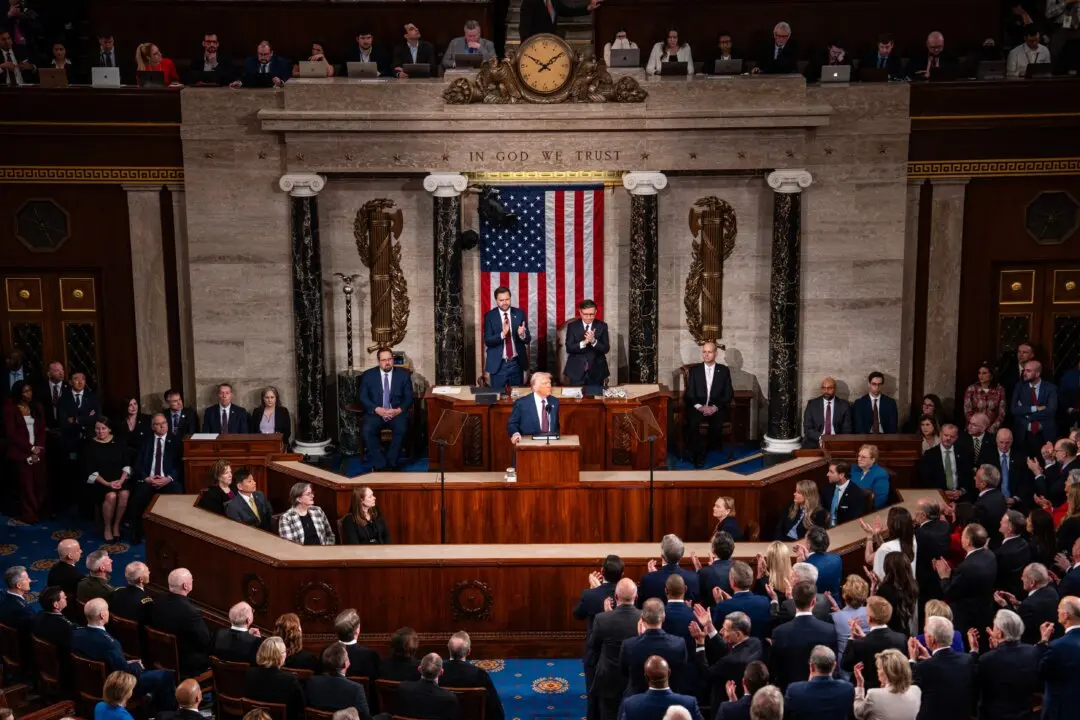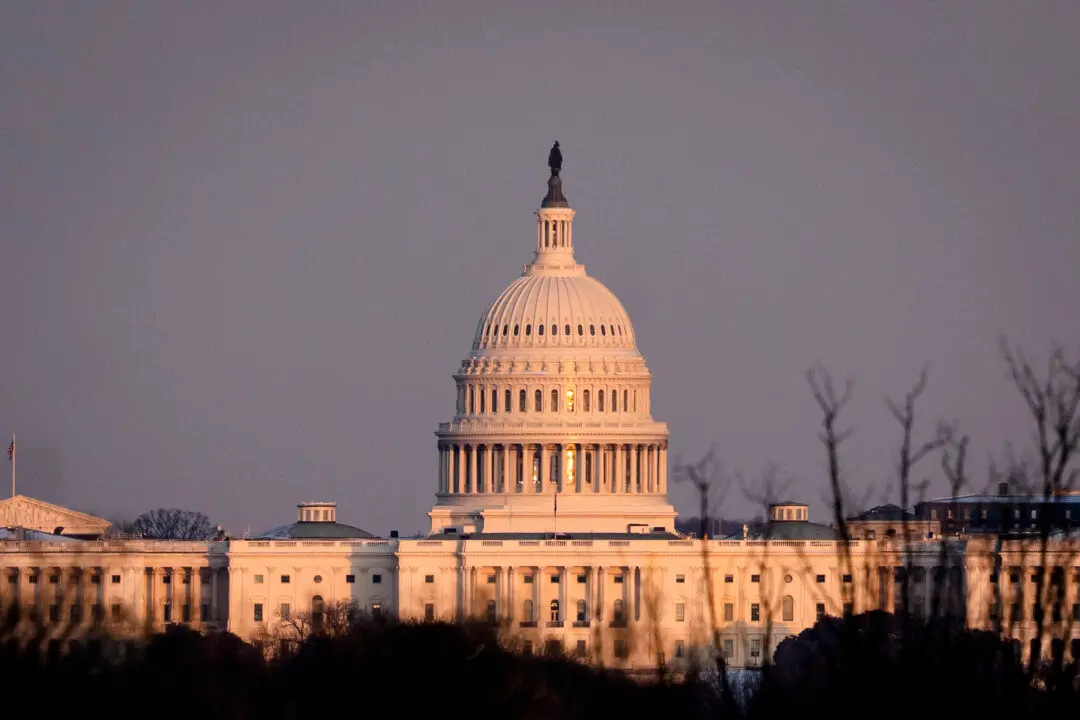Sen. Jim Inhofe (R-Okla.) has confirmed that he will retire at the end of 2022, confirming scattered reports that such an announcement was imminent.
“It is bittersweet, but with a clear heart, that Kay and I announce that at the end of the year, I will retire from the United States Senate,” Inhofe, who will turn 88 in November, said in a statement posted on Twitter.





